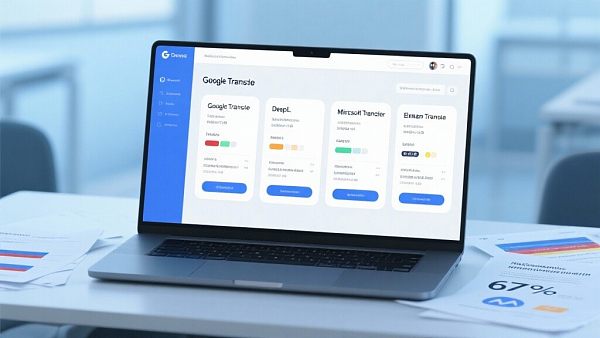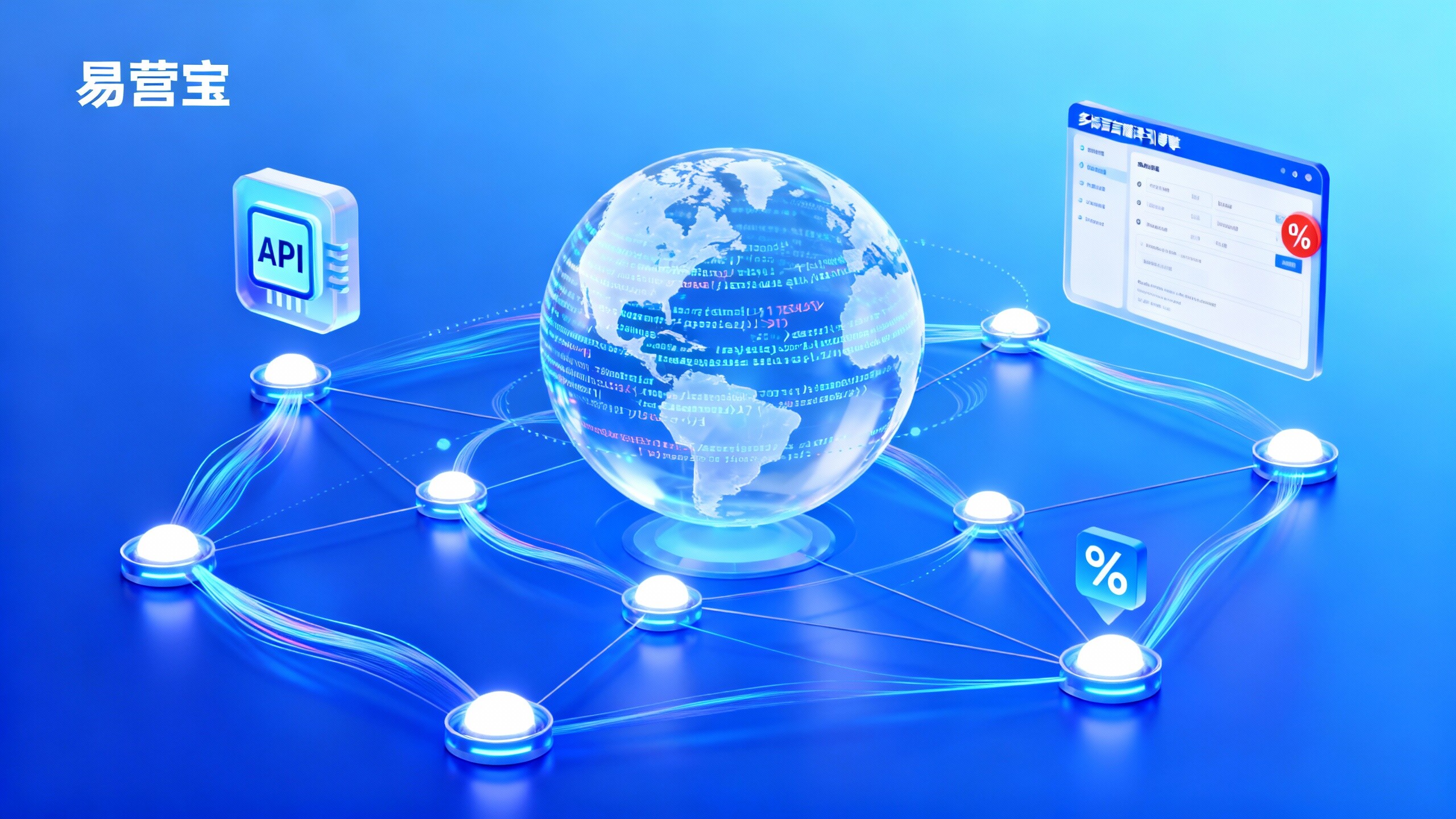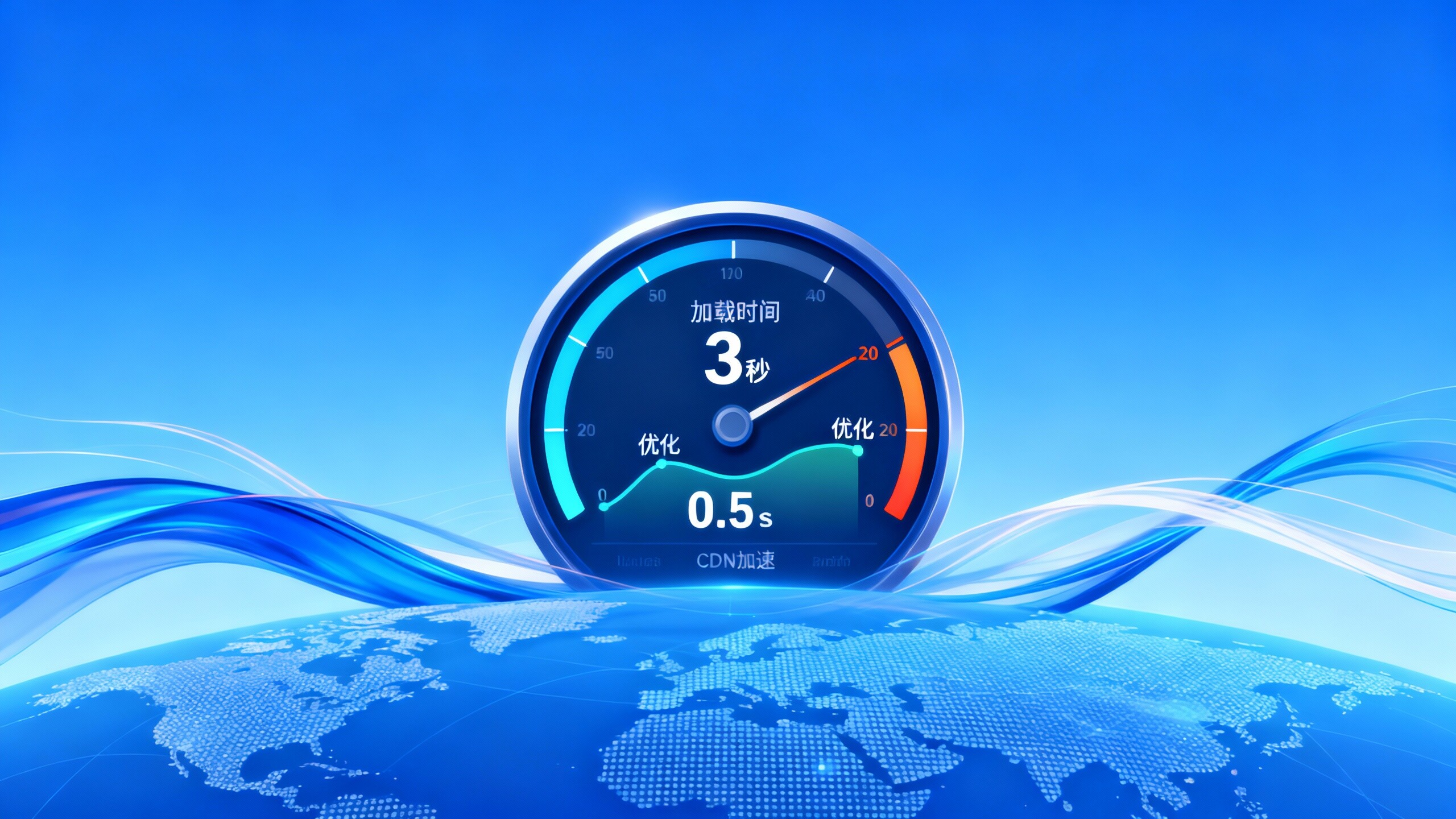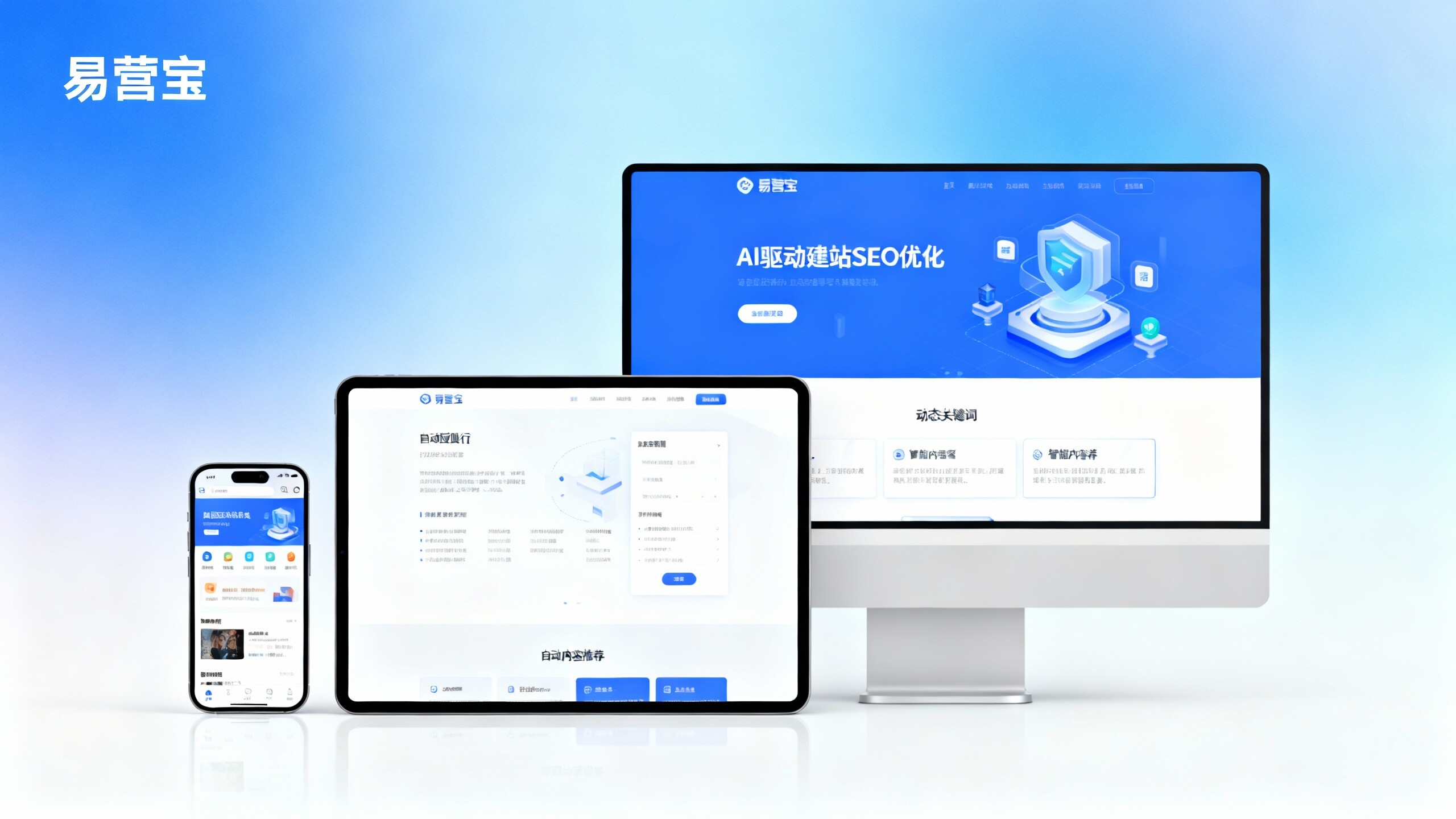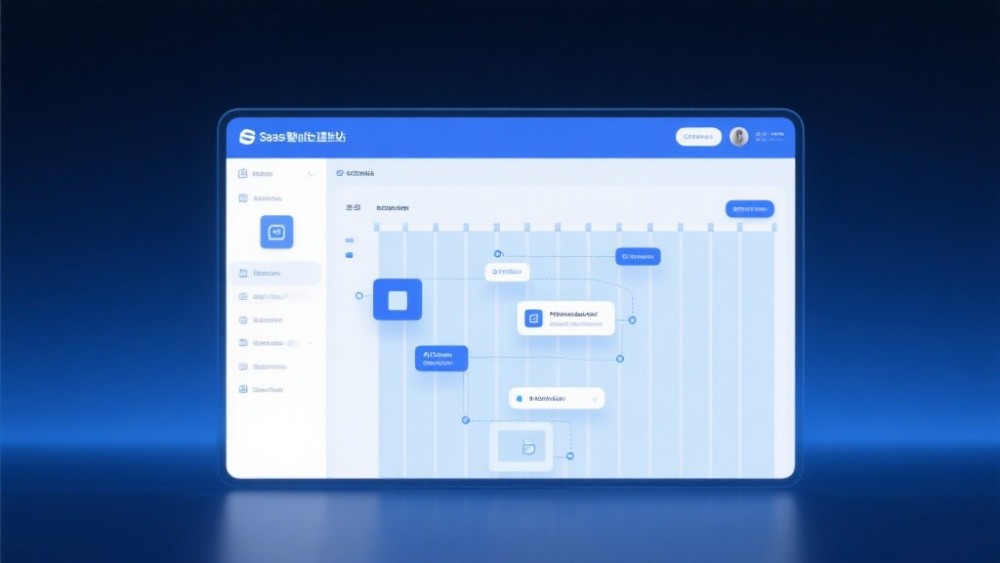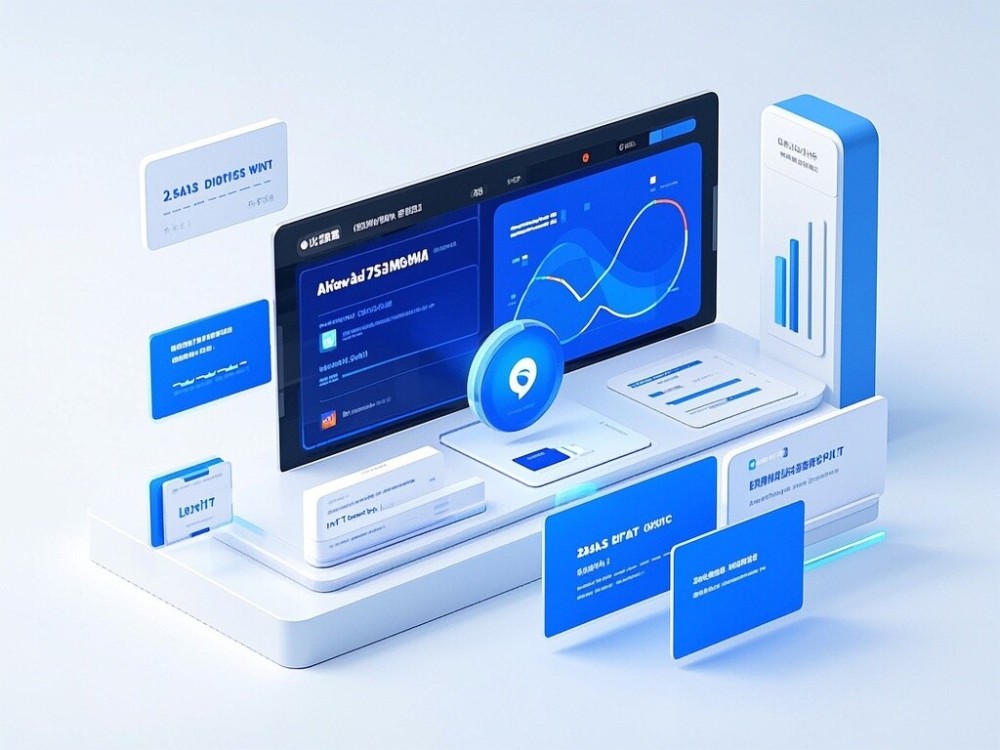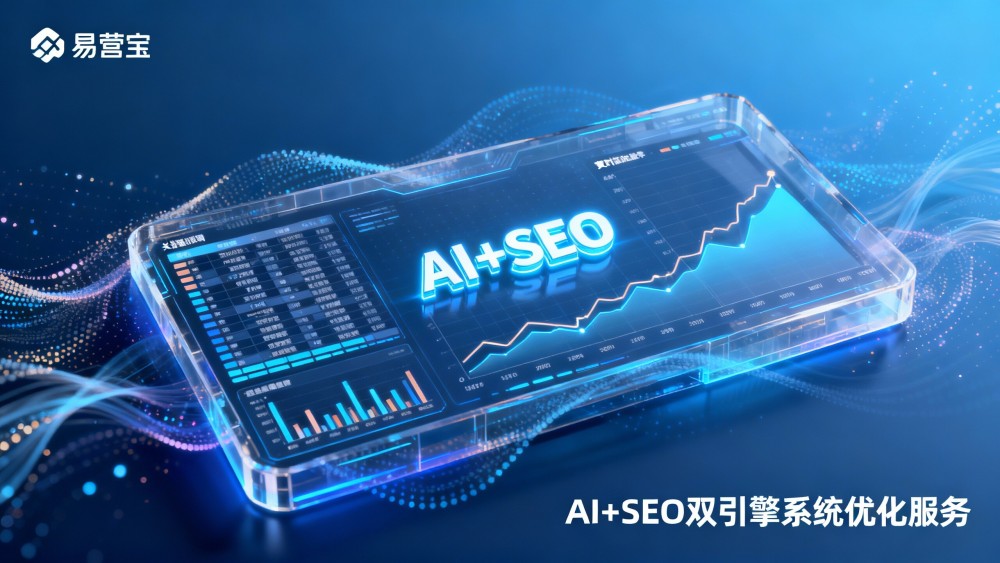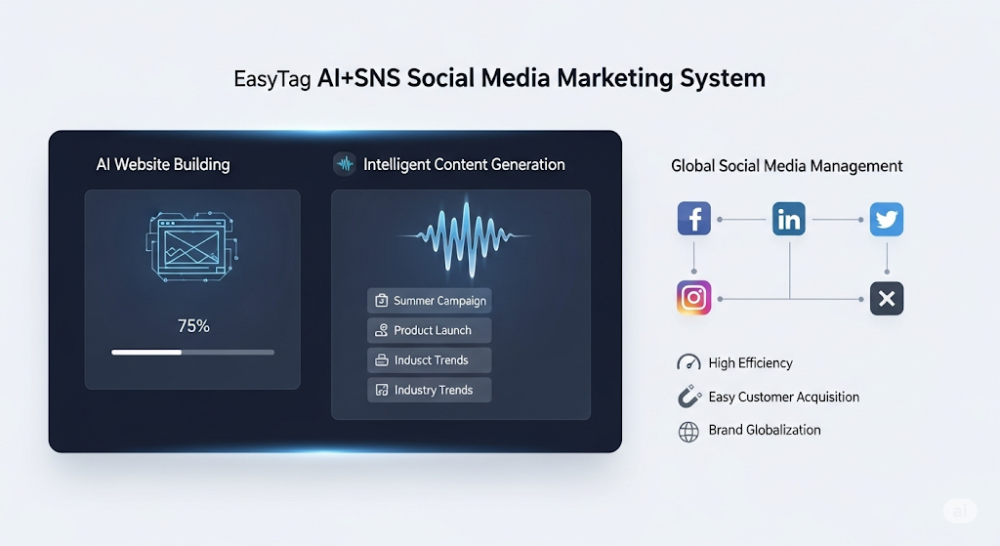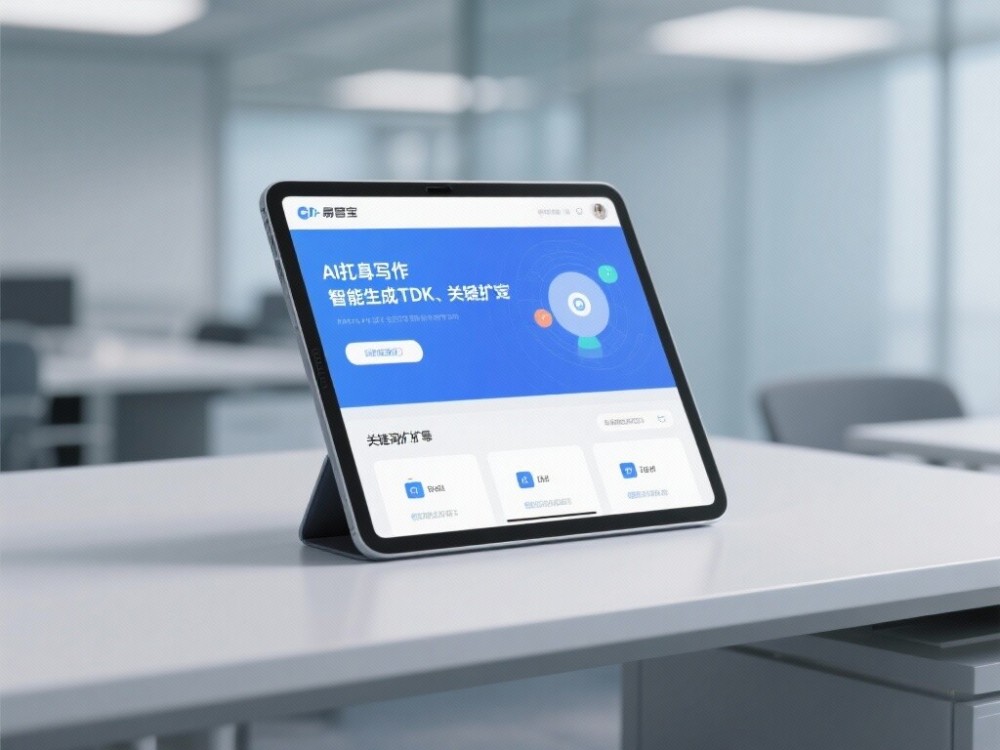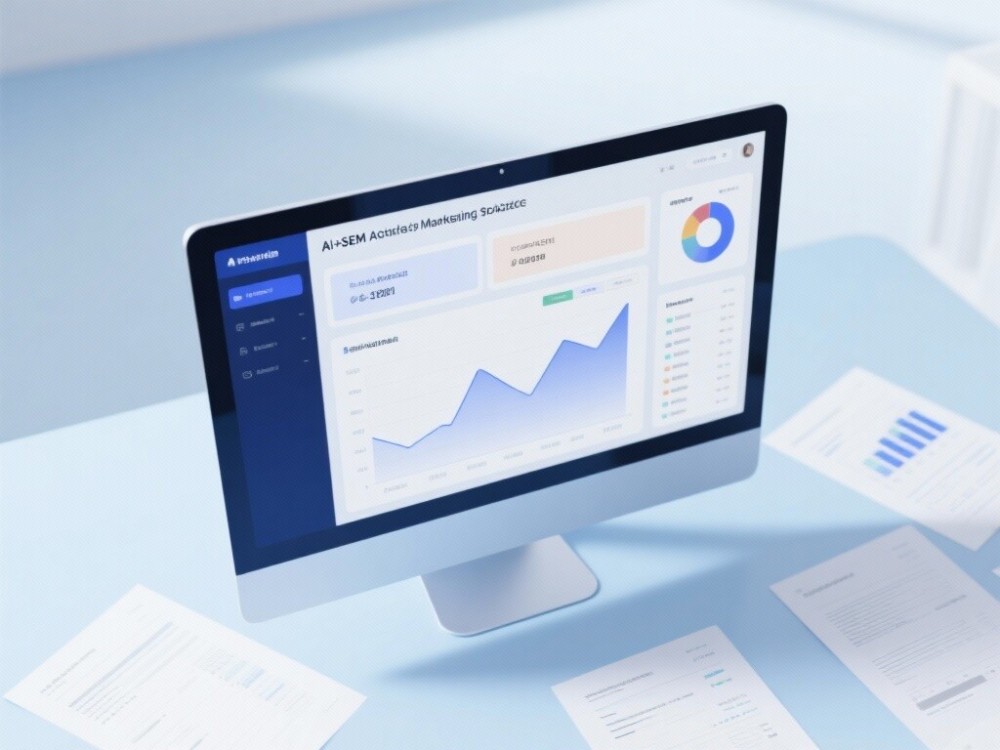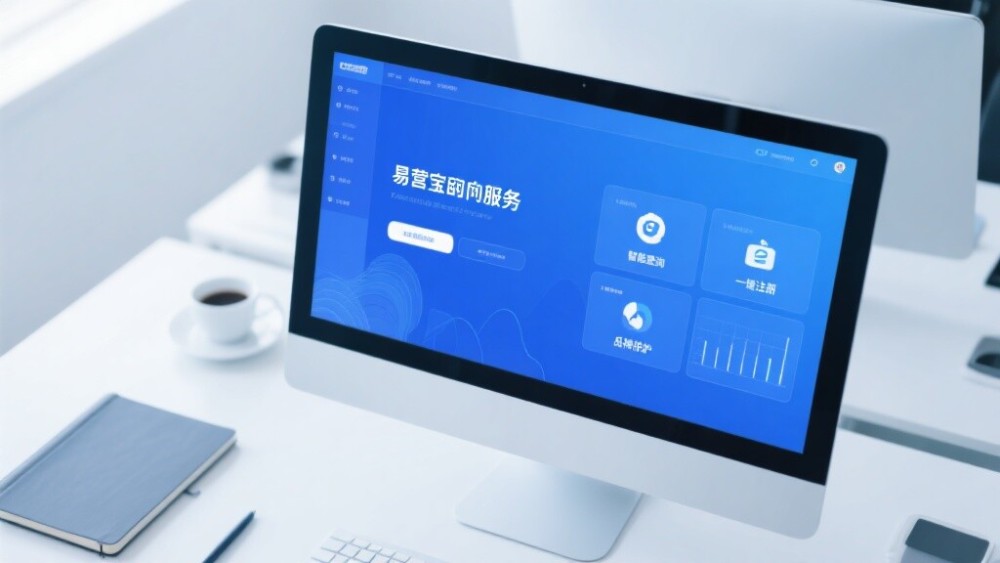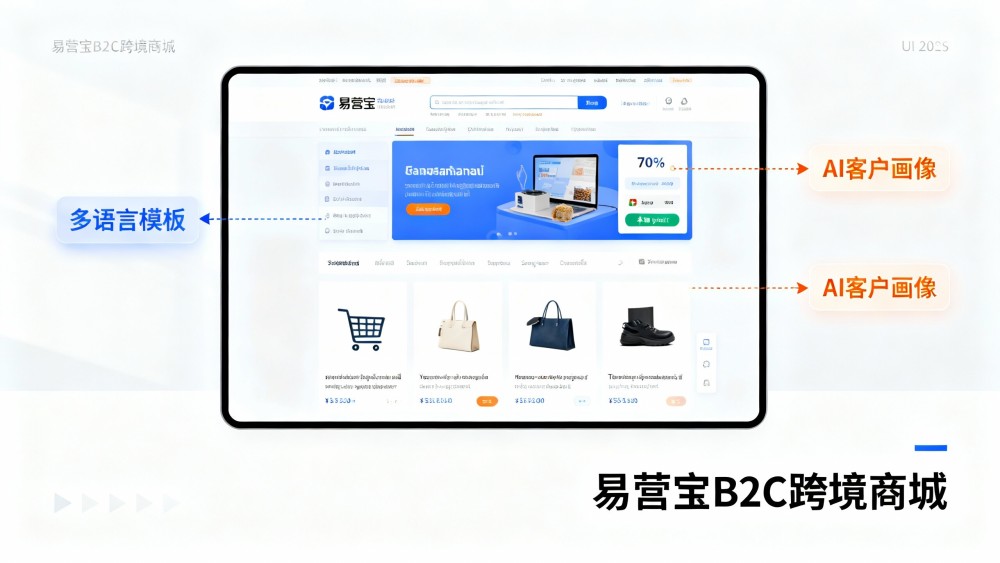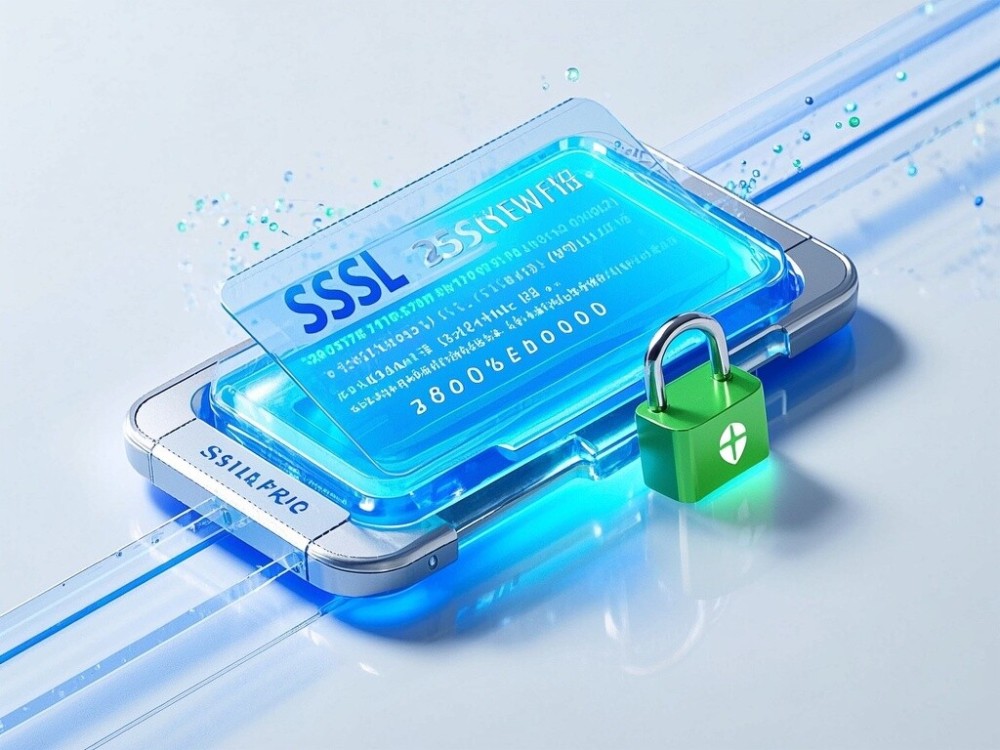- What is the role of HTTPS for websites? Why is the decision-making level increasingly emphasizing digital trust systems2026-01-15View details
- EasyYunbao Usage Evaluation: The Real Performance of Intelligent Website Building Platforms in B2B Official Website Applications2026-01-15View details
- The Era of GEO Has Arrived: Rankings No Longer Matter, Appearing in AI Responses is the Key to Foreign Trade Lead Generation2026-01-14View details
- EasyOperate GEO Layout: How to Become the 'Priority Recommendation' of AI Engines Through Structured Brand Semantics?2026-01-15View details
- How to Choose the Right Global Website SaaS Platform for Your Business? The Latest 2023 Selection Guide2026-01-13View details
- City Partner Program Explained: How to Achieve Business Growth Through Global Website Building SaaS Platform2026-01-13View details
- How does EasySales B2B platform help companies reduce customer acquisition costs? 2024 latest data analysis2026-01-12View details
- From 0 to 1: EasyYunbao Multilingual Website Helps Businesses Succeed in Overseas Markets with Case Studies2026-01-12View details
Comparative Review of AI Translation Websites: Which is Better for Foreign Trade Companies?
Comparison and evaluation of AI translation websites: Which one is more suitable for foreign trade companies?
How can foreign trade companies choose the most suitable AI translation website? This article deeply evaluates mainstream AI translation platforms, combining the needs of building independent foreign trade websites with practical application scenarios such as Meta ad optimization and Yandex advertising, to provide professional reference for technology evaluators and business decision makers.
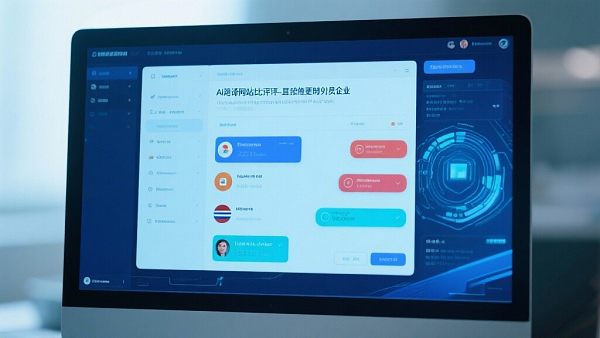
1. Why do foreign trade companies need professional AI translation websites?
Amidst the global wave of digitalization, language barriers have become a primary obstacle for foreign trade companies expanding into international markets. Traditional manual translation is costly and inefficient, while standard machine translation tools struggle to meet the professional requirements of commercial scenarios. According to CSA Research, 73% of overseas buyers prefer to collaborate with companies that speak their native language, and the degree of website localization directly impacts conversion rates. AI-powered translation websites, leveraging neural network technology (NMT) combined with industry terminology libraries, can achieve near-human translation quality while maintaining low costs and high efficiency. This is the core capability that foreign trade companies urgently need when building global, multilingual independent websites.
2. In-depth comparison of the five major AI translation platforms
3. Analysis of key indicators for technical evaluation
Technical evaluators should focus on the following aspects when selecting an AI-powered website translation platform: First, terminology consistency. A good platform should support custom terminology libraries to ensure consistent content across the entire site, including product names and technical specifications. Second, contextual understanding. High-end solutions, using pre-trained models like BERT, can identify paragraph context and avoid semantic gaps caused by sentence-by-sentence translation. Third, API stability. Testing concurrent response capabilities during peak hours is recommended, especially for businesses integrating with Facebook's advertising and promotion systems. Yiyingbao's intelligent website building system demonstrates that integrating a professional translation API can improve a website's SEO score by 35%.
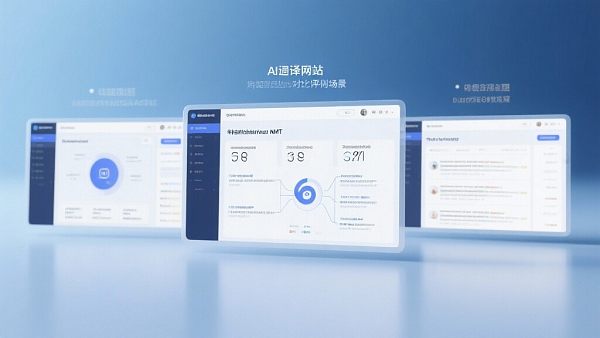
4. Cost-Benefit Analysis of Business Decisions
Business evaluators need to weigh the cost-effectiveness from a ROI perspective. For a foreign trade company with an annual turnover of $5 million, for example, the average annual cost of using professional AI translation is approximately $12,000-30,000 USD, while manual translation of the same volume would cost $80,000-150,000 USD. Even more crucial is the value of timeliness: when combined with Yandex Ads, AI translation can achieve real-time localization of marketing materials, increasing ad click-through rates by over 40%. It's worth noting that some platforms, such as Microsoft Translator, offer SLA guarantees. While these come at a higher price, they guarantee 99.9% availability, which is crucial for critical business scenarios.
5. Industry Application Scenario Solutions
Different industries have distinct requirements for AI translation: Manufacturing companies need to enhance the accuracy of technical documentation and are recommended to use solutions that support OCR recognition of CAD drawings. Cross-border e-commerce companies are more concerned with localizing product descriptions, and Amazon Translate's e-commerce-specific models can automatically optimize keyword density. B2B companies require deep integration with Meta Ad optimization systems to ensure a consistent style across multilingual advertising creatives. A medical device client served by Yiyingbao increased its inquiry conversion rate on its German website by 67% using a professional translation API.
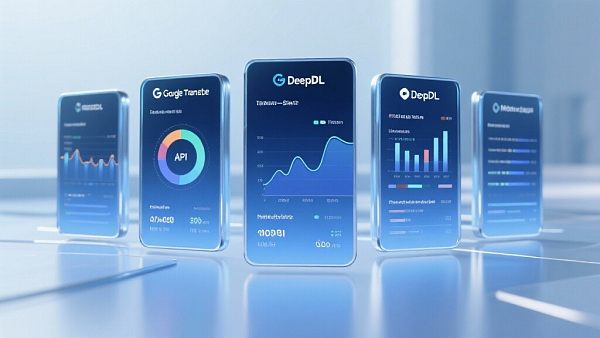
6. Common Misunderstandings and Professional Suggestions
Many companies fall into the misconception of prioritizing language quantity over quantity. In reality, the quality of minority language offerings is a core competitive advantage. We recommend: 1) prioritizing vendors with localization teams in target markets. For example, for the Russian market, Yandex SEO compatibility should be examined. 2) Require vendors to provide pre-trained industry terminology services. 3) Always conduct A/B testing to compare the performance of different platforms in real-world business scenarios. Technical teams should also consider API integration, such as whether it seamlessly integrates with existing global SEO optimization and website building systems.
7. Future Trends and Innovation Directions
AI translation is developing in a multimodal direction: leading platforms now support one-click translation of mixed text and image content, preserving the original layout; real-time voice translation is beginning to be applied in online negotiations; and blockchain technology is being used to build a decentralized translation quality evaluation system. For companies planning to build a global multilingual independent website, we recommend choosing a solution that supports dynamic content updates to adapt to rapidly changing market demands. Yiyingbao's monitoring data shows that independent websites with integrated AI translation experience an average loading speed increase of 40%, which is crucial for improving user experience.
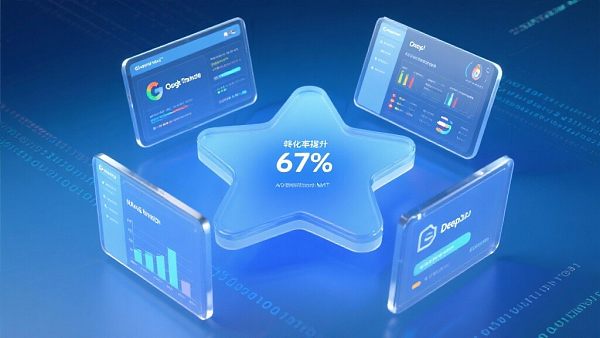
Why choose Yiyingbao?
As a Google Premier Partner and official Meta agent, Yiyingbao offers one-stop solutions, from AI-powered website building to global traffic acquisition. Our AI translation engine is optimized for international trade and supports deep integration with Yandex's advertising system. Our 15-person technical team boasts an average of 5+ years of cross-border marketing experience. We have served over 100,000 businesses, with a 92% customer renewal rate. Contact our expert team today for a customized AI translation integration solution!
- Campbell (name)
- free-standing station
- Intelligent website building system
- SEO optimization
- Intelligent website building
- AI translation
- AI translation engine
- Independent site SEO
- AI Translation Website
- Click-through rate
- Yandex Advertising
- Foreign trade independent website
- EYB Intelligent Website
- Yandex Advertising
- Inquiry conversion rate improvement
- Independent website building
- Foreign trade independent website construction
- Multilingual Independent Site
- Independent website construction
- Meta Ads
- Facebook Ads
- SEO
Related Articles
![How to achieve global traffic ecosystem collaboration for website building tools How to achieve global traffic ecosystem collaboration for website building tools]() How to achieve global traffic ecosystem collaboration for website building tools
How to achieve global traffic ecosystem collaboration for website building tools![Why is website loading speed so important? How does it impact brand perception and business opportunities for enterprises? Why is website loading speed so important? How does it impact brand perception and business opportunities for enterprises?]() Why is website loading speed so important? How does it impact brand perception and business opportunities for enterprises?
Why is website loading speed so important? How does it impact brand perception and business opportunities for enterprises?![What is adaptive website building? Analysis of key trends in corporate website design and promotion for 2024 What is adaptive website building? Analysis of key trends in corporate website design and promotion for 2024]() What is adaptive website building? Analysis of key trends in corporate website design and promotion for 2024
What is adaptive website building? Analysis of key trends in corporate website design and promotion for 2024
Related Products

